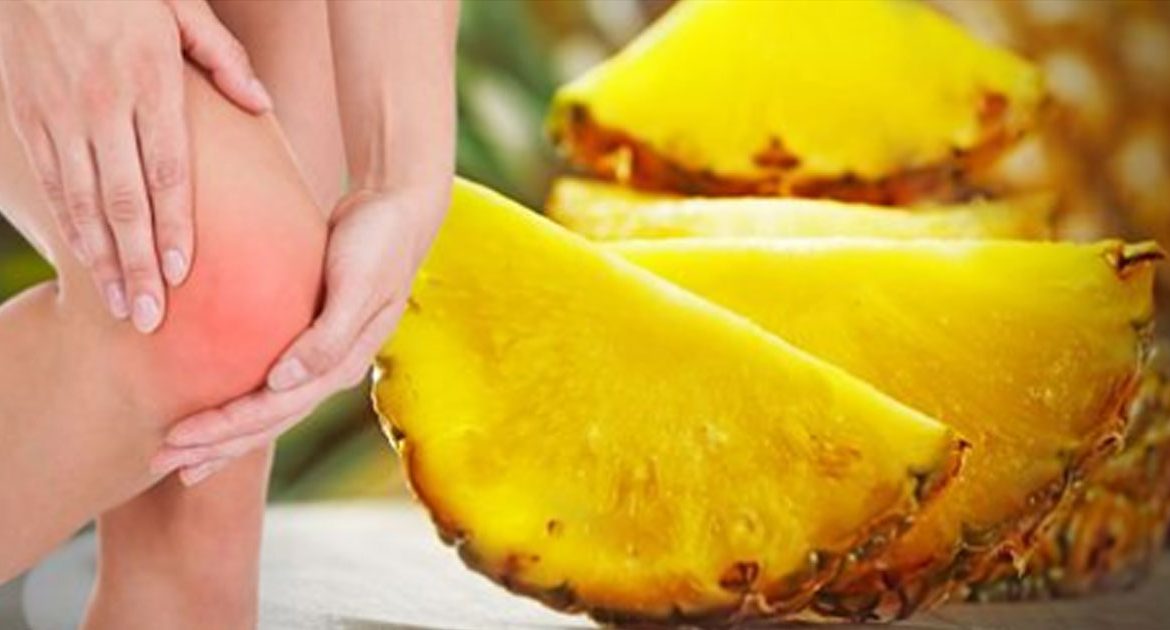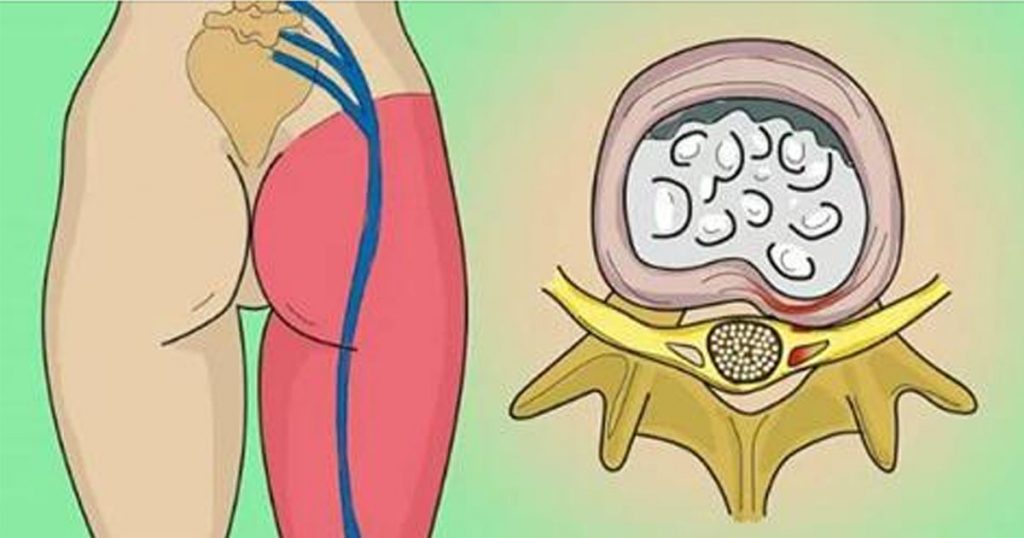When you take a look at some diseases, you can usually see a link between them, or a common denominator between them all. That link between diseases is what is usually the cause of the disease in the first place: inflammation.
Many diseases that are caused by inflammation include:
- Heart disease
- Asthma
- Diabetes
- High blood pressure
- Arthritis
Inflammation is part of your immune system’s response to fight off invaders that can cause an infection. When you have inflammation in your body, you will probably feel the symptoms of it: pain, swelling, soreness and you may even see redness around the affected area.
There are actually two types of inflammation: acute and chronic. Acute inflammation isn’t so much of a problem because this is your immune system responding with a flare up and then dying down. However, chronic inflammation is what you should worry about. Chronic inflammation can cause many different diseases as well as make some diseases worse than they really are.

If you suffer from chronic inflammation, there is a way that you can help your body to not only heal, but to also help keep the inflammation from interfering with your daily life. Adding certain foods to your daily diet such as minerals, fatty acids, antioxidant foods and foods that contain anti-inflammatory properties can help reduce inflammation and keep the symptoms at bay.
Here are some of the top foods to eat when struggling with chronic inflammation:
Celery. Celery is one of those vegetables that has a ton of health benefits and makes a great addition to many recipes and dishes. Aside from the high percentage of water found in celery, it also helps to lower inflammation as well as to fight off bacterial infections. Celery contains polysaccharides and antioxidants that act as anti-inflammatories. These anti-inflammatories help fight against free-radical damage and oxidative stress that are often the main causes of inflammation.
Broccoli. Broccoli is loaded with both magnesium and potassium, both of which are antioxidants and act as anti-inflammatories. It also contains a compound that is found in many other cruciferous vegetables called sulforaphane. This compound is responsible for blocking enzymes that are linked to joint destruction and also inhibits the growth of inflammation.
Pineapple. Pineapples contain an enzyme called bromelain. Bromelain is an anti-inflammatory that can achieve the same results as anti-inflammatory drugs, but with bromelain, you won’t have the negative side effects that you would get with an over-the-counter medicine. Bromelain prevents kinin receptors from forming, which are responsible for causing inflammation and pain.
Salmon. Salmon is the best omega-3 food that you can possibly eat and omega-3 fatty acids are very potent anti-inflammatories. A study performed by the National Institutes of Health, with at least 500 participants, concluded that individuals with rheumatoid arthritis who took omega-3 supplements on a daily basis had a reduction in joint pain and were also able to lower their dosage of taking over-the-counter anti-inflammatory drugs.
While you are consuming more foods that help fight against inflammation, you should also take care to avoid foods that can actually trigger it:
- Seed and vegetable oils
- Artificial trans fats
- Sugar and high-fructose corn syrup
- Processed meats
- Excessive alcohol consumption
What are your experiences with inflammation? What are some natural remedies that have worked best for you? Share with us in the comments below!






